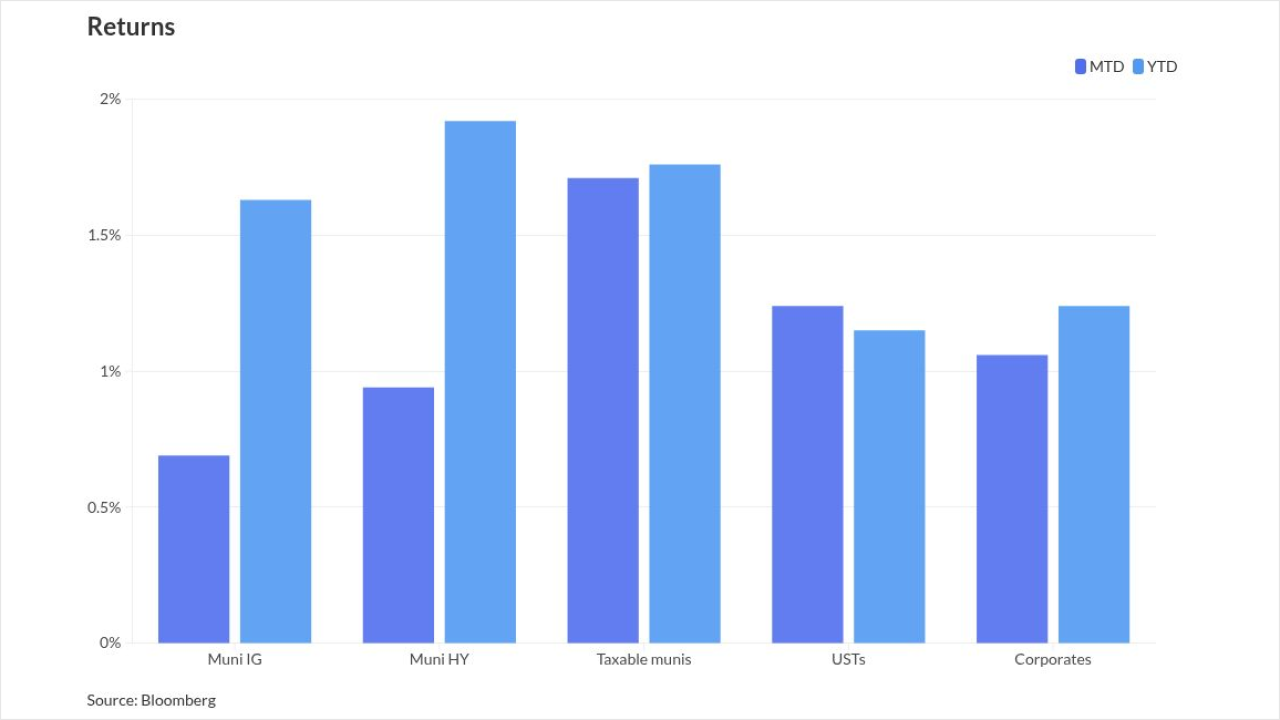The threat of a downgrade from Moody’s Investors Service hung over Rhode Island’s legislature Tuesday as lawmakers continued to discuss whether the state should pay $75 million of moral obligation debt related to failed video-game company 38 Studios.
“Moody’s fired a shot across the bow of the Rhode Island legislature,” said Alan Schankel, a managing director at Janney Capital Markets in Philadelphia.
Moody’s late Monday downgraded 38 Studios bonds to Baa1 from A2 and, more significantly, placed all state general obligation and appropriation debt under review for downgrade. It rates Rhode Island’s GO bonds Aa2, while Fitch Ratings and Standard & Poor’s each assign AA ratings.
“I'm not surprised,” said Anthony Figliola, vice president of Empire Government Strategies in Uniondale, N.Y. “You have the issue of how to pay back debt, and then you have the legislature playing games with the governor and the bond rating agencies don't like that. They like to see cohesiveness.
“I believe the legislature will pass this because at the end of the day, they have to be re-elected. And they don't want to campaign with a piece of literature that says they helped bankrupt the state. Governments have to be held accountable and the way Wall Street does it is to lower the bond rating.”
On Tuesday, the House Finance Committee was scheduled to debate Gov. Lincoln Chafee’s $8.2 billion budget proposal, which includes a $2.5 million debt payment for 38 Studios. The company, owned by former Boston Red Sox pitcher Curt Schilling, filed for Chapter 7 liquidation last year.
The Rhode Island Economic Development Corp. sold the bonds in 2010 after providing 38 Studios a $75 million loan guarantee backed by the state’s moral obligation. Interest has pushed that total beyond $100 million, according to court documents.
Chafee and other state officials, including General Treasurer Gina Raimondo and revenue Director Rosemary Booth Gallogly, want to pay the debt, saying failure to do so could threaten Rhode Island’s creditworthiness.
“We want to send a clear message to the investment community that Rhode Island is a place that will make the difficult but necessary decisions,” said Chafee.
An increasing number of lawmakers, however, question whether to pay the debt. Moody’s cited the uncertainty in announcing its downgrade.
“Selectivity regarding which obligations to honor leads us to question our confidence in the full faith and credit of the state and its willingness to honor its other debt obligations compared to otherwise similarly-rated states,” the rating agency said.
The Stephen Hopkins Center for Civil Rights, which on June 6 co-hosted a forum with Occupy Providence on whether to pay the debt, called Moody’s out of line for referencing “full faith and credit,” thus equating moral obligation debt with general obligation.
“I think this has made it clear that the financial services industry, or at least the analysts, do not understand the financial instruments they are issuing. There is no obligation to bondholders. If so, it would be declared unconstitutional under Rhode Island law,” said Hopkins Center spokesman Brian Bishop.
“If Moody’s is right and these ‘moral obligations’ exist, then this whole deal is unconstitutional and this house of cards should collapse of its own weight," Bishop added. “You would think Moody’s would recognize the importance of the legal setting to analyzing these bonds, but they appear overcome with the notion that a moral obligation is an existential promise despite repeated rulings by the Rhode Island Supreme Court that these deals are only constitutional because the legislature has the discretion to appropriate or not.”
Two weeks ago, the House Finance Committee held its own hearing on the debt.
“This was a terrible deal from the beginning. This has been a ridiculous embarrassment for the state,” said House Minority Leader Brian Newberry, R-North Smithfield. “The question isn’t whether Rhode Island can pay the money. We can. The question is, should we, because of what went on here, because it’s been such a fiasco. Because there’s been so much attention paid to it, it strikes me as that may have a mitigating impact.”
Another Moody’s domino fell Tuesday when the rating agency, citing its review of the state’s GO bonds, placed the Rhode Island Health and Educational Building Corp.’s intercept program, rated A1, and six-month intercept program rated Aa3, on review for downgrade.
Both programs provide for pre-default intercept of state school construction and operations aid to support bonds issued by the corporation on behalf of local communities that receive school operations aid.
They “are therefore notched off the state’s GO rating,” Moody’s said.





